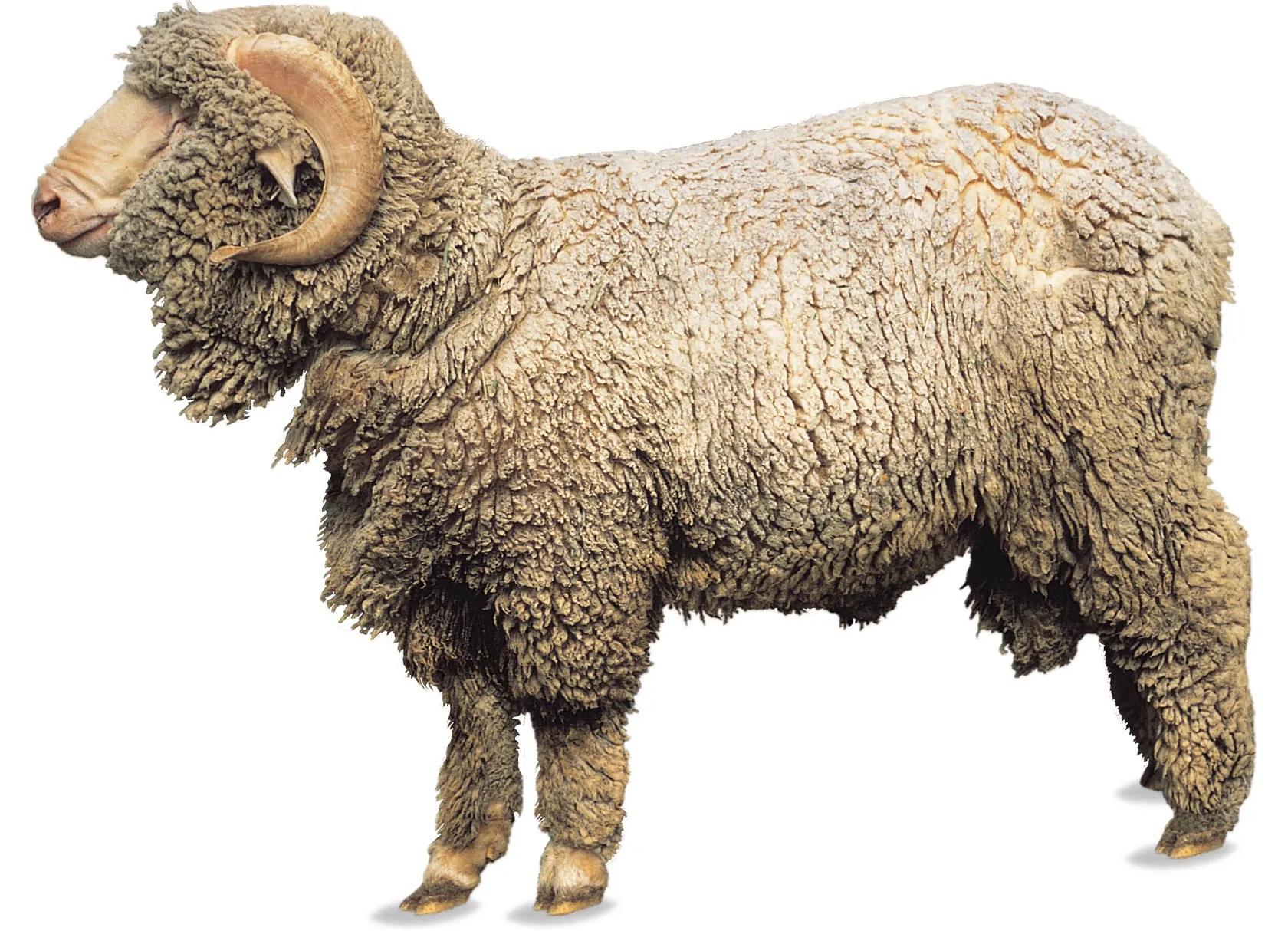
Merino sheep are one of the most fascinating creatures in the animal kingdom. Originating from Spain but now found all over the world, these unique sheep have captured the hearts of many with their soft, luxurious wool and remarkable adaptability. With over two centuries of breeding and refinement, Merino sheep have become a prized breed known for their exceptional wool production and unique characteristics.
In this article, we will explore 18 interesting facts about Merino sheep that will give you a deeper understanding and appreciation for these remarkable animals. From their historical significance to their distinctive physical attributes and remarkable wool quality, Merino sheep are truly a breed like no other. So, let’s dive into the world of Merino sheep and uncover some fascinating facts that you may not have known before!
Key Takeaways:
- Merino sheep produce the finest wool in the world, with incredible softness and versatility. Their wool is naturally fire-resistant, UV-protective, and adapts to various climates, making it a valuable commodity.
- The Merino sheep industry is economically significant, providing employment opportunities and contributing to the global textile market. Their wool is highly sought after for its exceptional quality and luxurious feel, making it a valuable and sustainable material.
Origins
The Merino sheep breed originated in Spain and was highly prized for its fine and soft wool.
Superb Wool Quality
Merino sheep are renowned for producing the finest wool in the world, with fibers that are incredibly soft and versatile.
Fiber Density
Merino wool is incredibly dense, with an average of 100 fibers per square inch. This high fiber count contributes to its exceptional insulation properties.
Adaptability
Merino sheep have the ability to adapt to various climates and environments, making them well-suited for different regions across the globe.
Drought-tolerant
Merino sheep have developed the ability to thrive in dry and arid conditions, making them highly resilient in areas with limited water resources.
Temperature Regulation
The unique structure of merino wool allows it to regulate body temperature, keeping the sheep warm in cold weather and cool in hot weather.
Natural Sun Protection
Merino wool contains a natural UV protection that shields the sheep from harmful sun rays, making it ideal for outdoor activities.
Lanolin Content
Merino wool contains lanolin, a natural grease that helps to keep the wool soft, supple, and water-resistant.
Anti-wrinkle Properties
Merino wool is naturally resistant to wrinkles, making it an ideal material for garments that require minimal maintenance.
Fire Retardant
Merino wool has inherent fire-resistant properties, making it a safe material that does not easily catch fire.
Versatility
Merino wool can be spun into various weights and yarns, allowing it to be used for a wide range of products, from luxurious clothing to cozy blankets.
Natural Elasticity
The elasticity of merino wool allows it to stretch and return to its original shape, making it resilient and long-lasting.
Softness
Merino wool is incredibly soft and gentle on the skin, making it ideal for those with sensitive skin or allergies.
Sustainable Farming
Merino sheep farming is often practiced in a sustainable and eco-friendly manner, with efforts to minimize environmental impact and ensure the well-being of the animals.
Flock Size
Merino sheep are often found in large flocks, allowing for effective pasture management and social interaction among the animals.
Breeding Challenges
Breeding Merino sheep can be challenging due to their fine wool and specific breeding requirements, requiring skilled shepherds and careful genetic selection.
Global Popularity
Merino wool is highly sought after worldwide for its exceptional quality and luxurious feel, making it a valuable commodity in the textile industry.
Economic Significance
The Merino sheep industry plays a significant role in many countries’ economies, providing employment opportunities and contributing to the export market.
Discover the Beauty of Merino Sheep
From their origins in Spain to their global popularity today, Merino sheep continue to captivate with their remarkable characteristics and exquisite wool. The 18 facts about Merino sheep showcased here highlight their adaptability, wool quality, and the economic importance of the breed. Whether it’s their ability to thrive in various climates or their exceptional insulation properties, Merino sheep have left an indelible mark on the textile industry.
So, next time you feel the luxuriously soft Merino wool against your skin, remember these 18 fascinating facts and appreciate the incredible journey that brings this remarkable material to your fingertips.
Conclusion
Merino sheep are truly fascinating animals. With their luxurious wool, incredible adaptability, and unique genetic makeup, they have become highly valued in the textile industry. From their long history dating back centuries to their widespread presence worldwide, Merino sheep have left an indelible mark in the world of agriculture and fashion.
These remarkable creatures have proven to be one of the most important breeds of sheep, providing not only high-quality wool but also superb meat. Their ability to thrive in various climates and their resistance to diseases make them a popular choice for farmers around the globe. It’s no wonder that Merino sheep continue to be highly regarded and sought after.
As we delve deeper into the world of Merino sheep, it’s clear that there is so much more to learn and appreciate about these incredible animals. Whether it’s their soft and versatile wool, their adaptability to different environments, or their significant impact on various industries, Merino sheep are truly extraordinary creatures worthy of our admiration and respect.
FAQs
1. What is the origin of Merino sheep?
The Merino breed originated in Spain and has since spread to different parts of the world.
2. What is the distinctive feature of Merino wool?
Merino wool is known for its exceptional softness, fine texture, and excellent insulating properties.
3. Are Merino sheep only bred for their wool?
No, Merino sheep are also bred for their meat, which is highly regarded for its tenderness and flavor.
4. Can Merino sheep adapt to different climates?
Yes, Merino sheep are highly adaptable and can thrive in a wide range of climates, from hot and arid to cold and snowy.
5. Do Merino sheep require special care?
While Merino sheep may require extra attention due to their fine wool, they are generally hardy animals that can withstand various conditions.
6. How long do Merino sheep live?
On average, Merino sheep can live for 10 to 12 years.
7. Are Merino sheep prone to any specific health issues?
Merino sheep can be susceptible to conditions such as flystrike, but proper care and management can help prevent such issues.
8. Is the wool from Merino sheep sustainable?
Merino wool is considered sustainable as it is a renewable resource and can be produced without harming the sheep.
Was this page helpful?
Our commitment to delivering trustworthy and engaging content is at the heart of what we do. Each fact on our site is contributed by real users like you, bringing a wealth of diverse insights and information. To ensure the highest standards of accuracy and reliability, our dedicated editors meticulously review each submission. This process guarantees that the facts we share are not only fascinating but also credible. Trust in our commitment to quality and authenticity as you explore and learn with us.


